Hysteroscopic Polypectomy Cost in Turkey
Unlock Exclusive Discount : Your Gateway to Premium Healthcare with Medsurge India Health Value Card.

Unlock Exclusive Discount : Your Gateway to Premium Healthcare with Medsurge India Health Value Card.

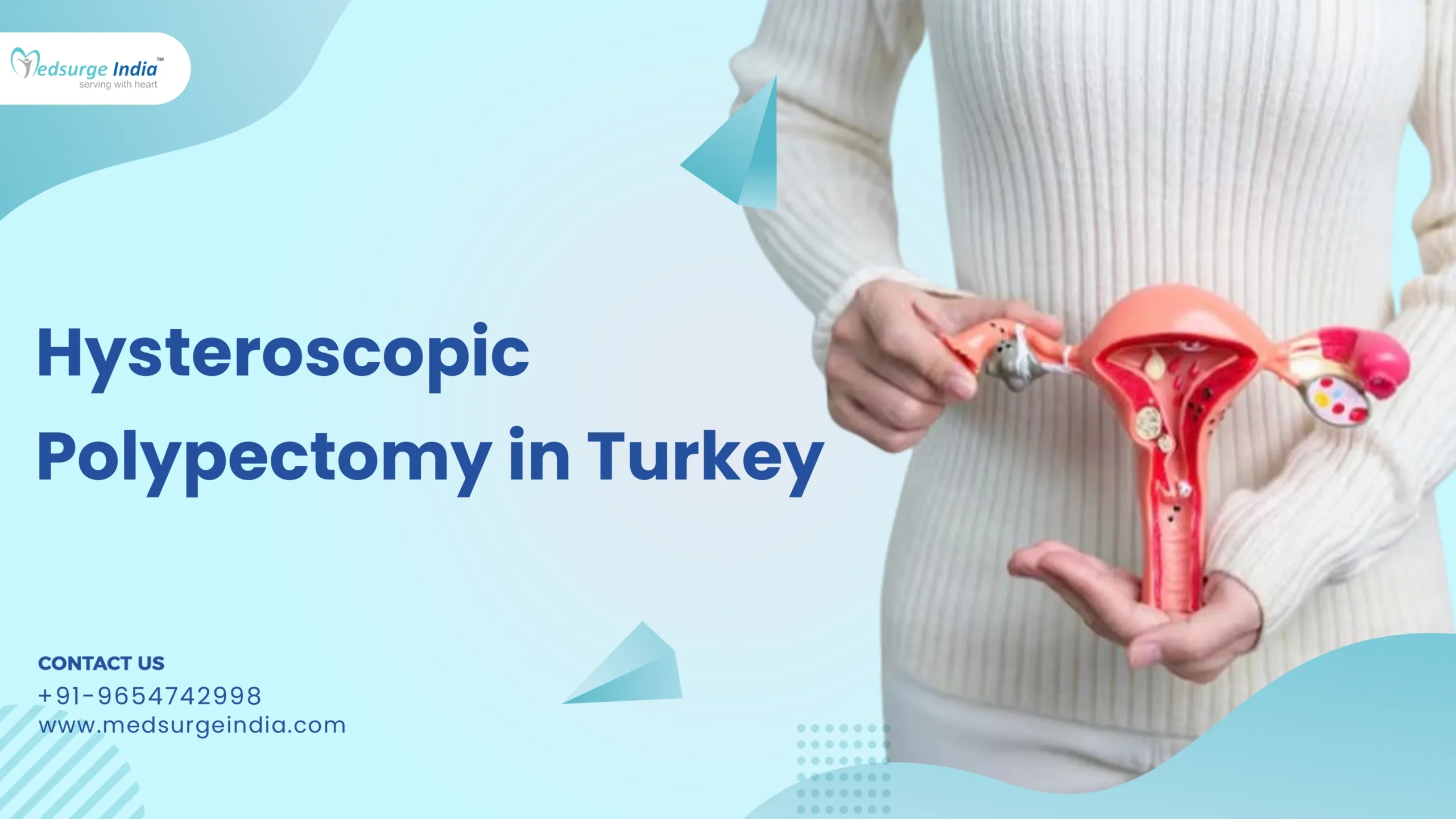
Hysteroscopic polypectomy is a surgical procedure aimed at excising tissue growths, known as polyps, located within the uterus. These polyps are abnormal growths that protrude into the body’s internal cavities. Hysteroscopic Polypectomy Cost in Turkey starts from 1500 USD and can go up to 3000 USD based on various factors such as the location of the hospitals or the expertise of the doctors.
| Cities | Prices |
| Istanbul | $1500 to $2800 |
| Antalya | $1300 to $2900 |
| Izmir | $1200 to $2800 |
| Ankara | $1200 to $3000 |
Several key factors affect the expenses related to Hysteroscopic Polypectomy in Turkey:
Hysteroscopic polypectomy is a surgical procedure aimed at excising tissue growths, known as polyps, from the uterus. Polyps are abnormal growths that protrude into the body’s internal cavities. While most of these growths are benign, some may be pre-cancerous or cancerous. Uterine polyps are frequently seen in older women, particularly those who have experienced menopause. Depending on their type, these polyps can grow significantly, exerting pressure on adjacent organs, obstructing blood flow, and leading to various uncomfortable symptoms.
Hysteroscopic polypectomy and myomectomy are procedures designed to effectively treat uterine polyps and uterine fibroids, respectively.
Uterine polyps are growths that develop from the endometrium, the uterine lining that is typically shed during a woman’s monthly menstrual cycle. Also referred to as endometrial polyps, these growths can appear on a thin stalk or have a broad base within the uterine cavity. Their sizes can range from very small to nearly the size of a golf ball.
Uterine fibroids, known medically as leiomyomas, can also vary significantly in size, from tiny to as large as a grapefruit. These fibroids can form in different areas of the uterus, including the muscular wall and the outer surface. However, only those fibroids that extend into the uterine cavity, specifically submucosal and intracavitary fibroids, can be treated with hysteroscopic myomectomy. These benign growths may cause various symptoms, including heavy menstrual bleeding, pelvic pain, and pressure, and they can also affect fertility.
Regrettably, many individuals with polyps may go their entire lives unaware of their presence. It is advisable for those experiencing symptoms to undergo a screening test. Polyps are frequently identified during screenings for unrelated health issues. Many people choose to have a screening test to check for polyps, which may lead to a subsequent polypectomy for their removal.
The preparation for a polypectomy varies based on the polyp’s location and the surgical technique used. For uterine polyps, local anesthesia is typically administered, eliminating the need for extensive preparatory measures. The hysteroscopic polypectomy begins with the incision of the polyp from one edge to the other, ensuring that the myometrium remains intact during the removal process. A range of instruments is employed throughout the procedure, including:
– Mechanical instruments
– Knife and loop electrodes
– Biopsy forceps, grasping forceps, and scissors
– Morcellators
– Hysteroscopic polyp snare
– Versa point bipolar electrodes
A scope is inserted through the vagina, cervix, and uterus, providing the physician with a clear view of the polyps. The physician can then choose from various techniques for removal, as detailed below.
Cold forceps polypectomy: This technique is used to remove relatively small polyps. It involves the use of forceps to separate the polyp, while a wire aids in extracting the polyp that has infiltrated the surrounding tissue.
Hot forceps polypectomy: Similar to the cold technique, this procedure incorporates electrocautery to burn away any leftover polyp tissue, effectively reducing the likelihood of post-procedural bleeding.
Snare polypectomy: This method employs a looped snare to capture and remove polyps larger than 1 cm. The snare can function in either a hot or cold manner to eliminate any remaining tissue. For particularly large polyps, a more extensive incision may be required for complete removal.
Also Read:- Hysteroscopic Polypectomy Treatment Cost in India
Turkey has emerged as a leading destination for hysteroscopic polypectomy due to its world-class healthcare facilities and highly skilled gynecologists. The country offers advanced medical technology and minimally invasive techniques, ensuring safer procedures with quicker recovery times.
Additionally, the cost of hysteroscopic polypectomy in Turkey is significantly lower compared to Western countries, making it a more affordable option without compromising quality. Many hospitals in Turkey also provide personalized care, international patient assistance, and comfortable accommodations, making it an attractive choice for patients seeking reliable and efficient gynecological treatments.
Also Read:- Top Urology Doctors in Turkey
| Estimate Type | Estimated Cost (USD) |
|---|---|
| Total Package Estimate | USD 1,500 – USD 2,800* |
*Final cost depends on hospital, patient condition, and additional procedures/devices if required. Share your reports to get an accurate quote.
Estimated cost range in India: USD 1,500 – USD 2,800*
*For an accurate quote and hospital options, share your reports and preferred city/hospital.
A: No, a polypectomy is classified as a minimally invasive surgical procedure. In most cases, it does not require any incisions to access the polyp. Instead, it is usually performed internally by utilizing medical instruments through the body’s natural openings.
A: Common risks and side effects associated with polypectomy include:
- significant bleedin
- severe pain
- nausea
- irregular heart rate
A: Most women experience recovery within the first week or two. However, it is advisable to refrain from lifting, pushing, or pulling heavy items for several weeks afterward. Sexual activity or dating should be postponed until your doctor provides clearance. Complete recovery, allowing for internal healing, typically takes about two weeks.
A: A polypectomy is performed for several reasons, including:
- the removal of a potential cancer
- excision of abnormal tissue
- extraction of polyps from the uterine cavity

Endourologist
Consultant
20 years of experience
Derindere Hospital, Istanbul
View Doctor
Urologist
Consultant
11 years of experience
Private Duygu Hospital
View Doctor
Urologist
Consultant
14 years of experience
Kolan International Hospital, Istanbul
View Doctor
Urologist
Professor
15 years of experience
Okan University Hospital, Tuzla
View Doctor
Urologist
Consultant
11 years of experience
Medipol University Hospital, İstanbul
View DoctorUrologist and Renal Transplant Specialist
Professor
10 years of experience
KOC University Hospital, Istanbul
View Doctor
Urologist and Renal Transplant Specialist
Professor
15 years of experience
KOC University Hospital, Istanbul
View Doctor
Urologist
Consultant
20 years of experience
Anadolu Medical Center, Kocaeli, Istanbul
View Doctor
Urologist
Consultant
15 years of experience
Kolan International Hospital, Istanbul
View Doctor


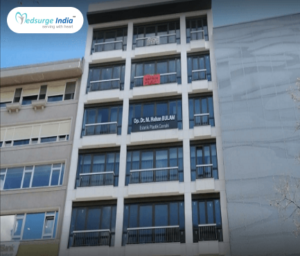
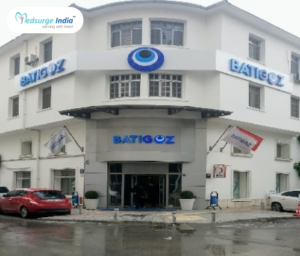



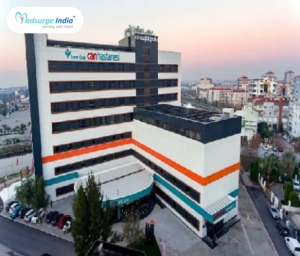
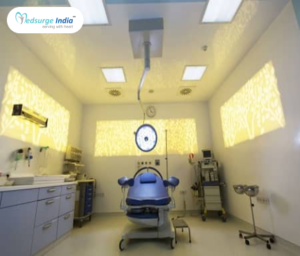
By using our site, you agree to our Terms and Conditions, Privacy Policy and Refund Policy. Medsurge India provides reliable healthcare information and treatment options to support informed decision-making. Our content is designed to support and complement the guidance of your treating doctor, helping you feel informed and confident throughout your healthcare journey. We also Accept International Payments.

Copyright © 2025 NSM ONLINE SOLUTIONS PRIVATE LIMITED. All rights reserved.